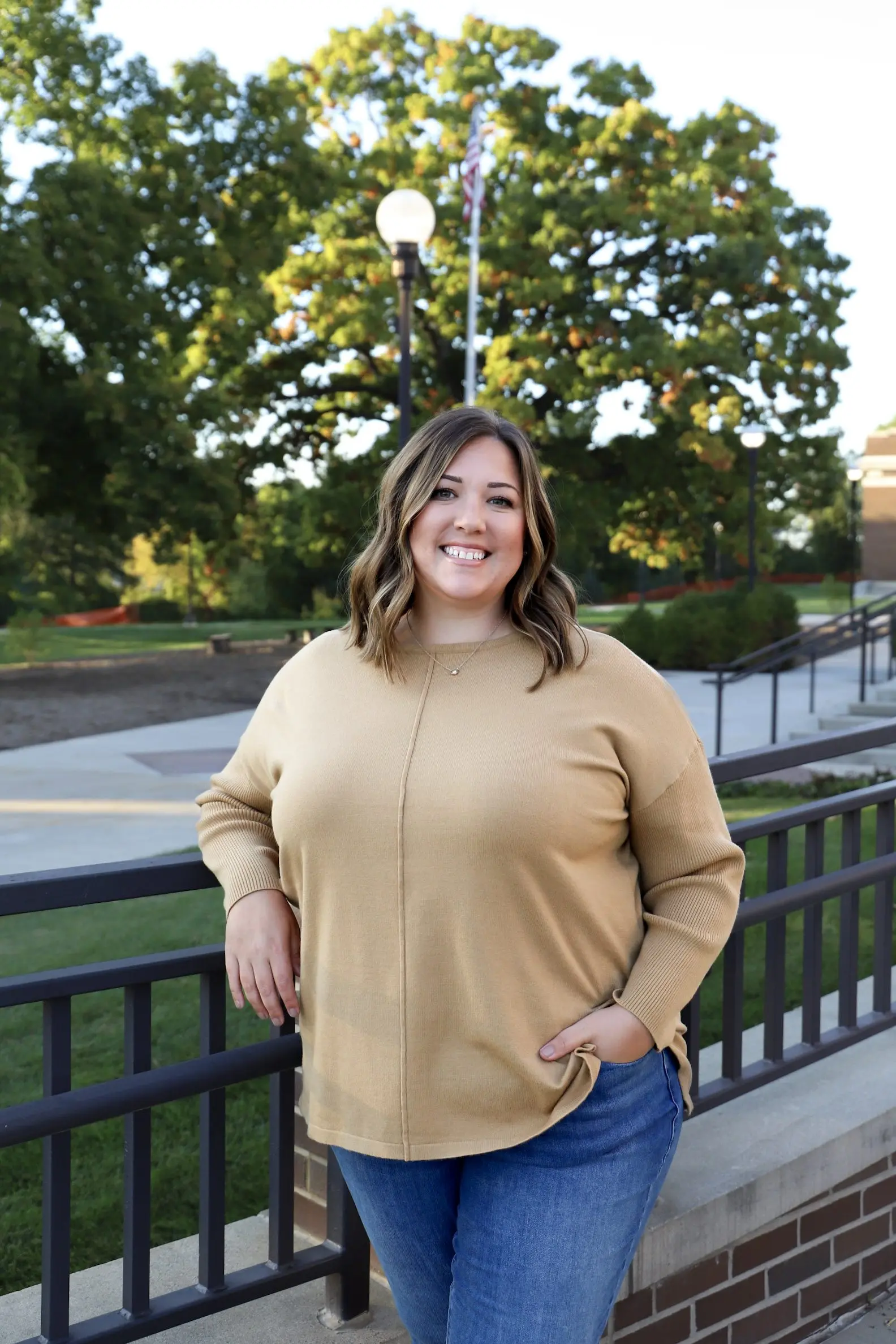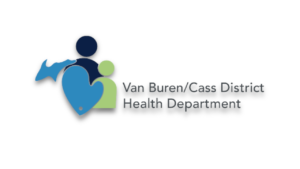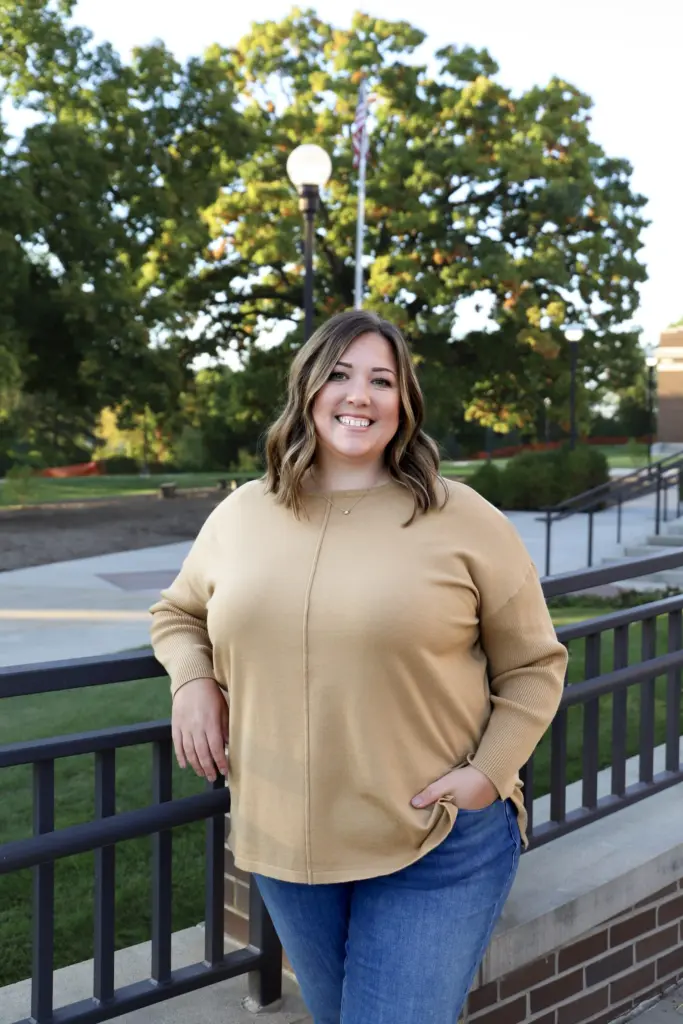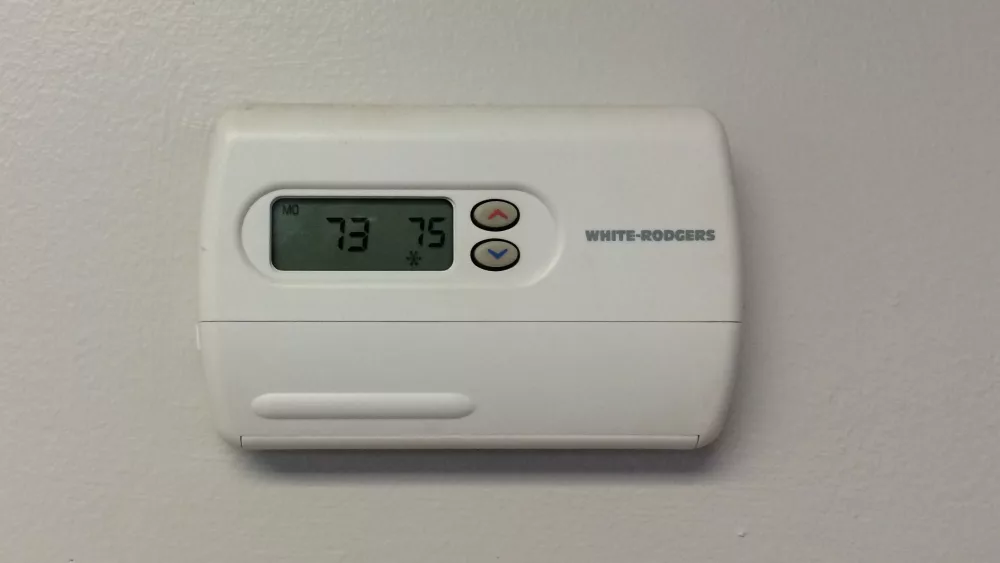
SPONSORED CONTENT COURTESY OF:

When people think about public health, images of doctors, nurses, and clinics often come to mind. But behind the scenes, a critical figure orchestrates the complex machinery of community wellness: the health officer. This pivotal role, as highlighted in a recent Gen Health podcast interview with Danielle Persky, Health Officer at the Van Buren Cass District Health Department (VBCDHD), is far more diverse and influential than many realize.
A Multifaceted Role
Unlike some specialized medical positions, a health officer can come from a wide array of professional backgrounds. As Persky explained, “some health officers start as a nursing director or a nurse, some start in environmental health, some have a background in business, and others are like me who come from a true public health trajectory.” This diversity in experience allows health departments to leverage unique skill sets. Persky, for example, brings six years of experience as a director of health promotion, focusing on strategy and diversifying funding for the VBCDHD.
Health officers typically fall into two categories: administrative health officers and medical health officers. While some departments may combine these roles, many, including the VBCDHD, keep them separate. Persky, as an administrative health officer, oversees the day-to-day operations of the department, including funding, organizational development, hiring, and staff development. Beyond administrative duties, health officers wield significant legal authority granted by state public health codes. This authority, often underestimated until crises like the COVID-19 pandemic, empowers them to make crucial decisions impacting community health, from regulating well drilling to implementing mask mandates.
A Deep Sense of Responsibility
The weight of this authority is not taken lightly. Persky reflected on her decision to accept the role: “That sense of responsibility was huge for me… every decision I make… my decisions have great impact and can’t be made lightly.” This profound sense of duty drives their commitment to high-integrity decision-making, acknowledging the far-reaching consequences of their actions on the community they serve.
Persky’s journey into public health wasn’t a direct path. Initially drawn to creativity, she explored advertising before discovering public health, a field that immediately resonated with her passion for human behavior and helping people “live their best lives.” This deep-seated passion has been a constant motivator throughout her career.
Navigating Unique Challenges and Fostering Resilience
Rural health departments, like Van Buren and Cass counties, face distinct challenges. Despite a federal classification that surprisingly labels them as “urban environments,” they contend with limited access to resources, transportation barriers, and reduced philanthropic funding compared to their metropolitan counterparts. Grant funding often favors larger populations, placing rural departments at a disadvantage.
However, rural settings also boast unique strengths. Persky emphasized the authentic relationships that flourish in these communities. “You have to lean on one another,” she noted, highlighting how these strong partnerships were crucial in mobilizing community support for COVID-19 clinics. This collaborative spirit, she believes, contributed to the VBCDHD’s remarkably low staff turnover during the pandemic, a stark contrast to many other departments.
The COVID-19 pandemic presented unprecedented challenges for health officers, with Persky taking on the role in the midst of the crisis. She candidly spoke about the mental and emotional toll, including seeking support from mental health therapists. The tragic loss of a VBCDHD nurse to COVID-19 further solidified the team’s bonds, creating a family-like connection born from shared adversity. Emerging from this intense period, Persky’s current challenge is balancing the drive for growth with ensuring her team has time to “breathe” and recover from the intense demands. Her personal mantra, “grow at your own pace,” serves as a reminder of the importance of self-care and sustainable progress.
Cultivating a Motivated Workforce
A health officer’s effectiveness is intrinsically linked to the strength of their team. Persky prioritizes fostering an adequately trained and motivated workforce through collaborative leadership, seeking input from her directors, and continually investing in professional development. She champions flexibility, recognizing the importance of work-life balance for her staff. Even seemingly small changes, like updating the dress code to prioritize comfort, reflect her commitment to an employee-centric environment.
Ultimately, this focus on staff well-being directly impacts the community. As Persky explained, “in order for us to show up our best for our community, we have to be taking care of ourselves.” This philosophy underscores the vital connection between a healthy, supported workforce and a health department’s ability to serve as a trusted resource, guiding their community through both everyday health concerns and unforeseen crises.
The role of a health officer is dynamic, demanding, and profoundly impactful. It requires not only administrative acumen and public health expertise but also strategic vision, an understanding of community nuances, and an unwavering commitment to the well-being of both staff and citizens.






